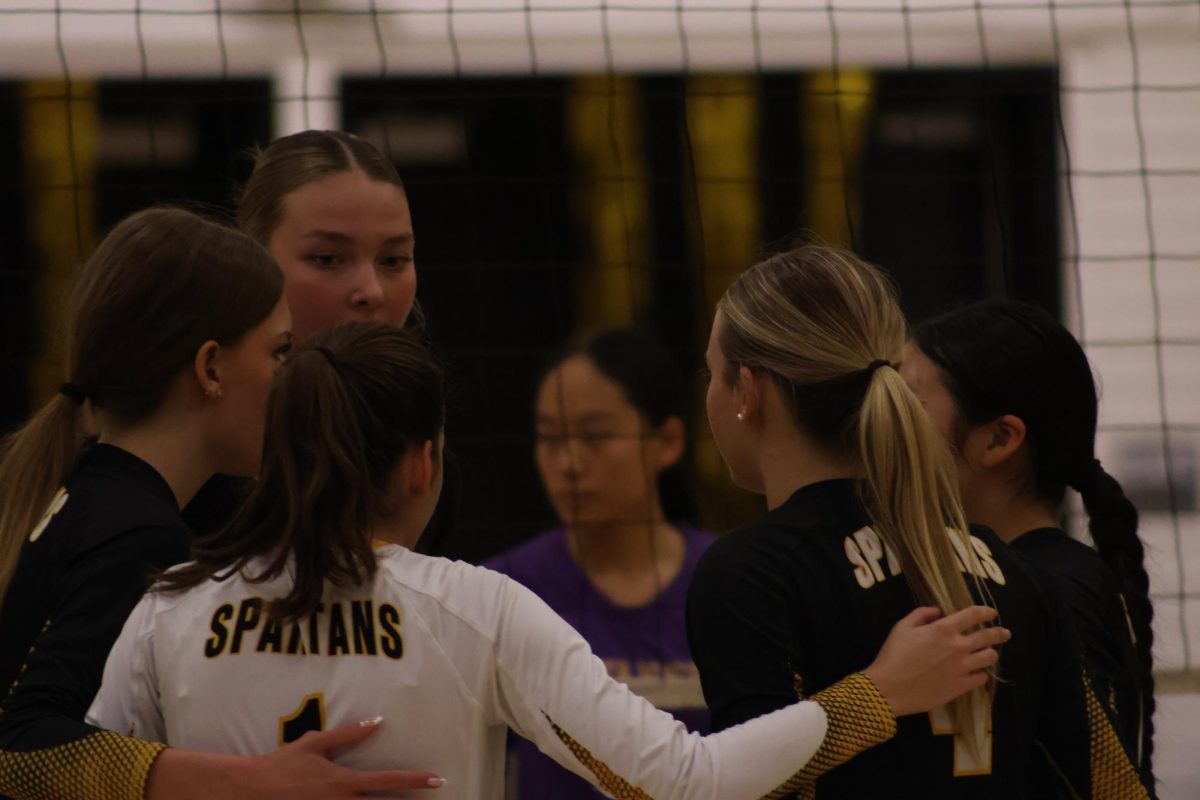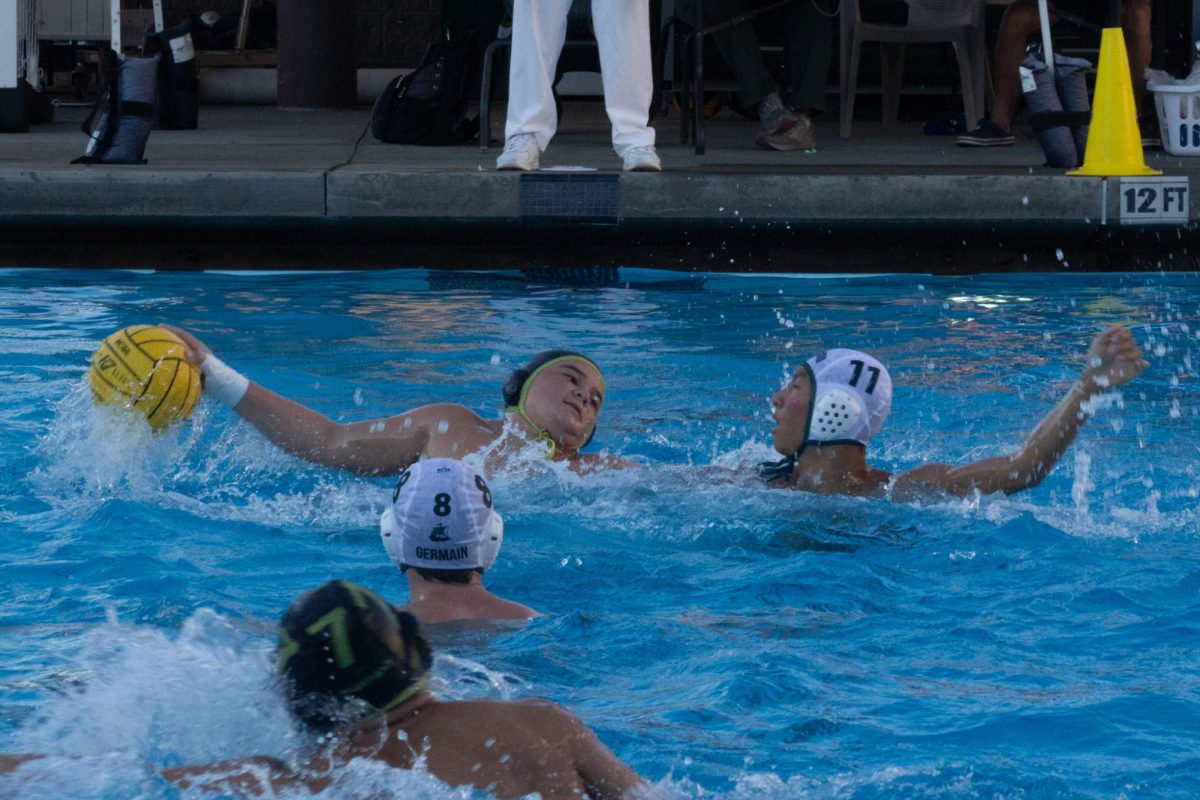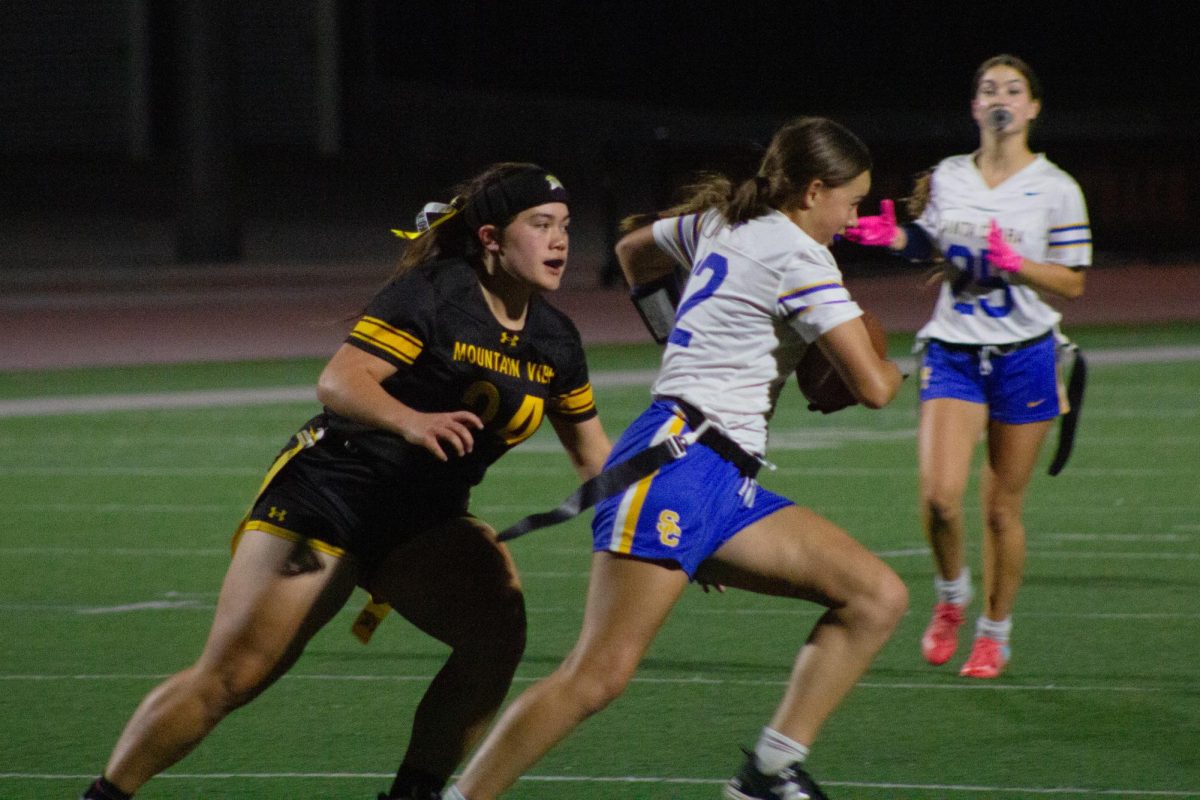According to Assistant Principal and Student Activities Coordinator William Blair, administration enforced a social media ban on campaigning for the 2017 ASB election due to harmful and unsafe social media use during the 2016 ASB elections.
As a result of the ban, students cited concerns regarding their inability to publicize their campaign platforms, and some said that social media is a beneficial campaign tool. California Education Code guarantees public school students the right to freedom of speech and press unless “substantial disruption of the orderly operation of the school” can be proved.
Blair said that last year’s ASB election warranted the ban because of a disciplinary case which involved students who made posts that targeted their opponents in ways that were “inappropriate,” including threats to individuals and bullying.
“It hurts me when students are hurt and when students feel unsafe,” Blair said. “I didn’t realize people would get that upset by [the ban]. The kneejerk reaction is until we figure it out, we shut it down.”
Blair said that he is always open to discussion for better solutions, but because no students came to him with alternative solutions to the social media ban until the Friday before this year’s elections, it was too late to change existing policies. Going forward, however, policies are still being considered for upcoming elections, and will depend on student feedback.
According to Blair, the final decision to ban social media was a mandate from his end rather than a “sit down, exploratory discussion.” Hailey Marent, the 2015-16 Elections Commissioner, said that there was some discussion with administration regarding the use of social media, but the decision was ultimately made by Blair.
ASB first informed students interested in running for office about the ban at an informational meeting on Feb. 13. According to ASB President candidate Eva Karolczak, the candidates were told that the social media ban was due to an accessibility issue, as students who did not have Facebook or Instagram accounts would not be able to reach the same audience.
“At first, I thought it was very fair given that the whole thing is viewed as a popularity contest and social media has a big influence on the vote,” Karolczak said. “But overall, there has been a huge lack of voting and participation as exemplified by the candidate arena — there was no one there.”
When asked why no candidates or ASB members spoke up about the issue, upcoming ASB VP Kalea Vandevanter said that there seemed to be no room for discussion, “so we just let it go and accepted that administration had made the final decision.”
Regarding the complete prohibition of social media for campaigns both on and off campus, Executive Director of the Student Press Law Center Frank LoMonte said that it is “almost certainly a violation of both the First Amendment and California state law.”
According to LoMonte, as long as the speech is off campus and does not involve school computers, school wifi service, or class time, the school has “essentially no jurisdiction [to ban social media] unless the student crosses some pretty extreme lines, such as engaging in threats or bullying.”
Even in these cases, LoMonte said that the school only has the right to “police” social media in order to eliminate such disturbances. However, this still does not warrant an outright ban as it would restrict harmless speech along with harmful speech. A school cannot ban complete communication on social media only out of fear that harmful discussion may occur during the campaigning process.
When asked to respond to LoMonte’s comments regarding constitutional rights, Blair cited administration’s primary obligation intent to protect student safety.
“The initial prohibiting of the social media came out of concern to protect students, of course. I’m always open to helping students,” Blair said. “[The decision’s intent] wasn’t to silence voices; it was made because we can’t control students on [social media]. Our goal would be able to monitor social media and ensure that there are no campaign rules being violated.”
Going forward, Blair said that policies for upcoming elections are open to change if students express concerns and suggestions. Conversation for future ASB elections can begin immediately to try and amend any concerns brought up during previous elections.
































